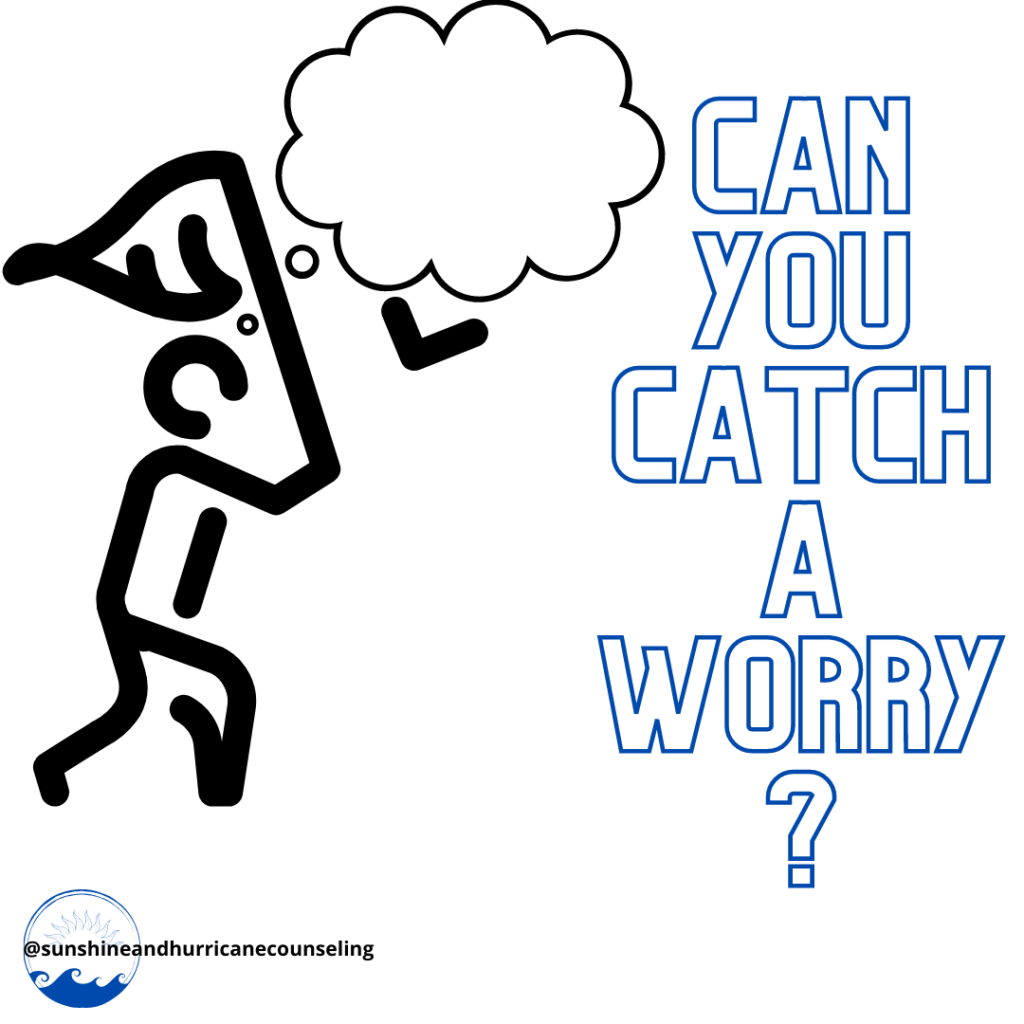
Why on earth do we get anxious? Let’s start with the facts and what we know to be true so far. Anxiety like lots of other illnesses and disorders tend to run in our genes. Yes, that’s right. Most people are genetically predisposition to be more anxious than others.
Think about people in your family, those you have grown up around. Do some seem high strung, overwhelmed easily, or even labeled as the “worrywart?” That could be their anxiety manifesting.
The tricky thing about these family members or people close to us is that they may have taught us so much; how to walk, brush our teeth, how to make friends. But they may have also taught us to be anxious. Simply watching someone else struggle with situations can teach us to be cautious, but it can also teach us to be anxious, depending on the circumstances. Many of us move on from those feelings and it doesn’t stick with us, but there are many of us who those feelings do stick and become a way of navigating life.
So I would say the answer is yes, you can catch a worry. I have battled with severe anxiety throughout my life, and I am still working on reducing my symptoms daily. It has taken over 20 years for me to really have a better understanding of my own brain and how my anxiety works. That doesn’t mean it will or has to take you that long. Each journey is unique to the person.
Be gentle with yourself and know that you are not alone and there are ways to start helping you move through the ups and downs of having anxiety.
Here are a few things that could help jumpstart your journey if you are ready.
1) Start with self-awareness. Do you know what your anxiety triggers are?
There are some common daily situations that elevate anxiety in individuals. Anxiety can be more difficult to navigate or manage when you aren’t sure where it is coming from. You may get anxious because you are anxious but don’t know why you are anxious (a haunting loop).
Sometimes knowing in advance that certain situations could potentially trigger your anxiety could assist you with managing the overwhelming feelings.
Take some time and rate your anxiety triggers. It may really help to record your triggers throughout a few weeks. Note, when you feel anxious and rate how high or low it was on a scale of 0-5.
2) Does your anxiety have other names or labels that you aren’t realizing are anxiety? Let’s talk about a few of those. Being afraid, uneasy, scared, hesitant, nervous, alarmed, racing thoughts. All of words can also be linked to and apply to anxiety. Do you notice any of these within yourself? Part of being able to move away from anxiety is realizing what is happening to you. Take note of these feelings you may experience and how often they may be happening.
3) Now that you have given some thought to other labels your anxiety may have, rating your triggers and becoming more aware of the triggers you have, it is time to make a list for yourself of ways you have tried to cope that actually work. Take some time and check in with times that you have been able to successfully calm yourself down. What were you doing, what did you say to yourself? Take note of the strategies that you have already used.
Guess what, if you are feeling stuck and need additional ideas for your mental health toolkit, therapy could help you with some new coping strategies. Anxiety doesn’t have to be in control, you can catch a worry, but you don’t have to keep it.
Written by: Kenitres Wiley, M.S., LPC
Sunshine and Hurricane Counseling

